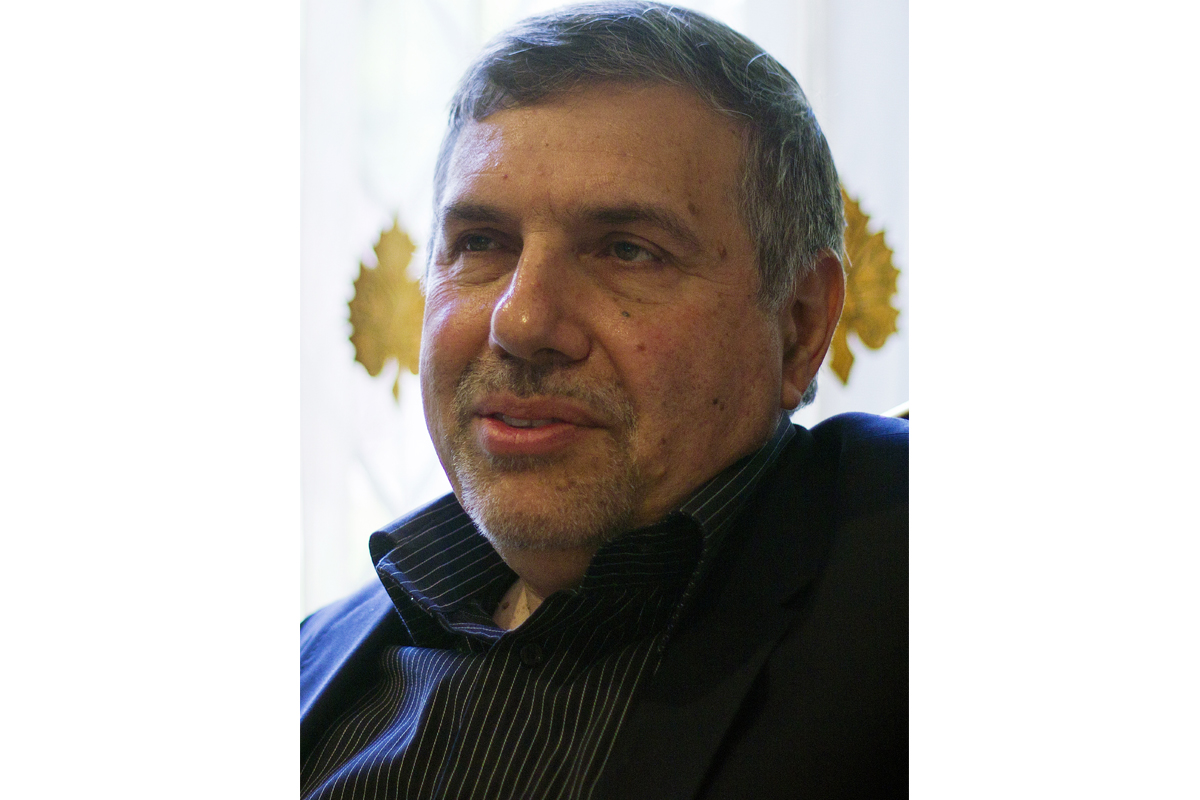Iraq has been no stranger to ominous portents. The rejection of the head of government can, therefore, have dire ramifications. The appointment of Mohammed Allawi as the new Prime Minister of the embattled country after an 11th-hour consensus among political blocs has been greeted with a people’s upheaval.
The bitter irony has underwhelmed the structure of governance in a chronically tormented land. And there is a degree of pregnant symbolism in the remark that the “streets were ambivalent about his nomination”. The counter-mobilisation on the streets was all too palpable on Sunday. It is a measure of the inbuilt instability that the political factions were for the past two months unable to agree on a replacement following the resignation of the previous PM, Adel Abdel Mahdi, in December.
Advertisement
It is a symptom of the chronic fragility too that Baghdad and the predominantly Shia south have been gripped by four months of anti-government rallies demanding snap elections, a politically independent Prime Minister and accountability for corruption and protestrelated violence. It is fairly obvious that none of these crucial demands has been conceded by the appointment of Mr Allawi on Saturday.
The new Prime Minister was remarkably prompt with his address to the nation on state television, pledging to form a representative government, hold early parliamentary elections and ensure justice for protest-related violence. This is mildly reassuring as the people’s protest and riots intensify. It is a measure of the discord within that Allawi’s nomination was announced after three days of intense talks over a shortlist of candidates, with senior government officials skeptical about an agreeable nomination.
There are a bevy of interest groups to contend with, notably the divided political class, the Shia religious leadership, neighbouring Iran and its rival the United States, not to forget the protesters. One of the most influential political figures is the Shia cleric, Moqtada Sadr, who led the anti-US Mehdi army militia after the invasion of Iraq in 2003 and has since become a populist politician. He threw his weight behind Allawi. But protesters across were unconvinced, reaffirming the groundswell of resentment to Allawi’s nomination.
Within minutes of the announcement, many in Baghdad’s main protest camp of Tahrir Square began chanting, “Allawi is rejected, Allawi is rejected!” From Cairo in 2011 to Baghdad in 2020, it is more than sheer coincidence that another Tahrir Square has become the epicentre of an anti-establishment upheaval. The burning tyres that have sealed off two bridges have made a bonfire of political consensus, let alone an agreeable choice.









